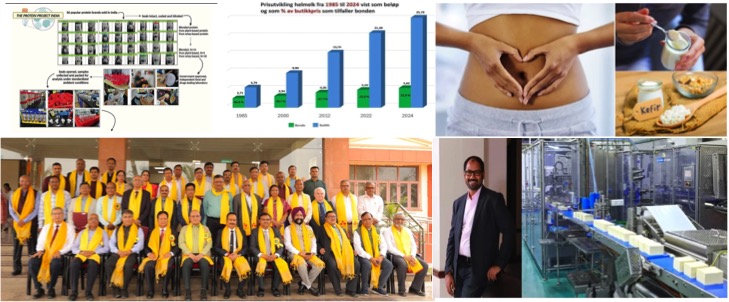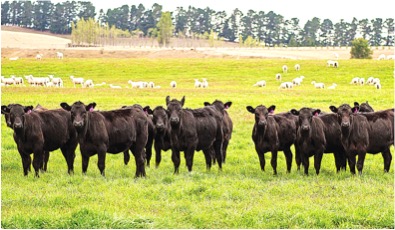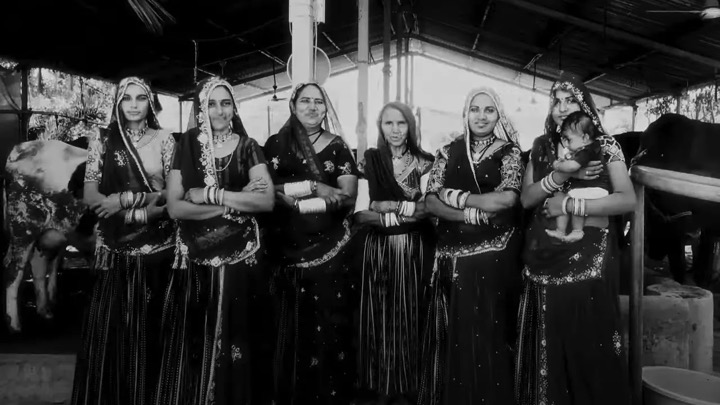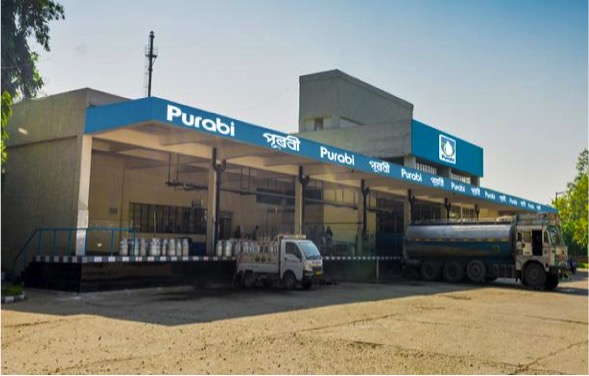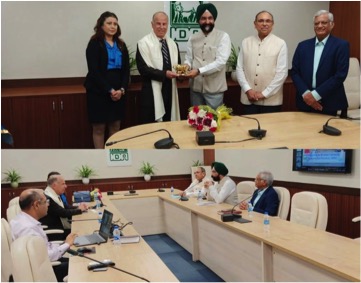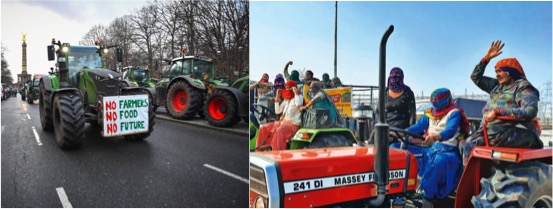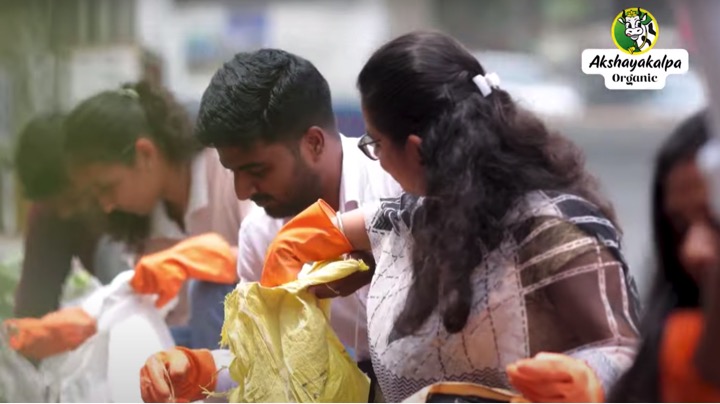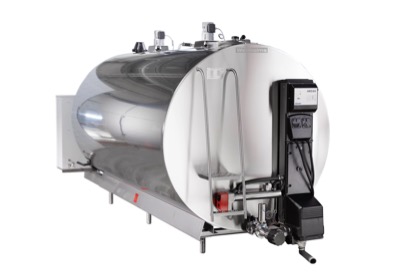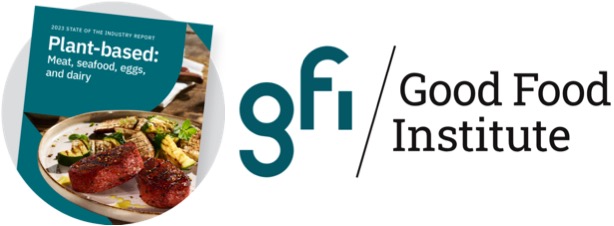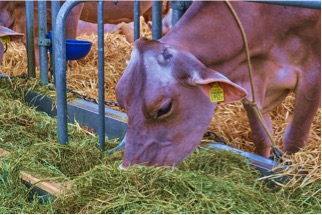On Sunday, Union Home and Cooperation Minister Amit Shah announced that the Centre has decided to amend the Multi State Cooperative Societies (MSCS) Act, 2002 to “plug the loopholes in the Act”. He was speaking at the convocation of the Vaikunth Metha National Institute of Cooperative Management, Pune.
What is the Act, and what are multistate cooperative societies?
Cooperatives are a state subject, but there are many societies such as those for sugar and milk, banks, milk unions etc whose members and areas of operation are spread across more than one state. The Act was passed to govern such cooperatives.
For example, most sugar mills along the districts on the Karnataka-Maharashtra border procure cane from both states.
They draw their membership from both states, and they are thus registered under the MSCS Act. Their board of directors has representation from all states they operate in. Administrative and financial control of these societies is with the central registrar, with the law making it clear that no state government official can wield any control on them.
Since the law was enacted, 1,479 such societies have been registered, of which 9 have been deregistered since. Maharashtra has the highest number at 567, followed by Uttar Pradesh (147) and New Delhi (133). Credit societies constitute the bulk of registered societies at 610, followed by agro-based ones (which include sugar mills, spinning mills etc) at 244. There are 96 multistate cooperative dairies and 66 multistate cooperative banks.
Why does the government plan to amend the Act?
Experts on cooperatives talk of loopholes in the Act. The exclusive control of the central registrar, who is also the Central Cooperative Commissioner, was meant to allow smooth functioning of these societies. The central Act cushions them from the interference of state authorities so that these societies are able to function in multiple states. What was supposed to facilitate smooth functioning, however, has created obstacles.
Vijay Autade, an expert on cooperatives, pointed out for state-registered societies, financial and administrative control rests with state registrars who exercise it through district- and tehshil-level officers. “Thus if a sugar mill wishes to buy new machinery or go for expansion, they would first have to take permission from the sugar commissioner for both. Post this, the proposal would go to the state-level committee that would float tenders and carry out the process,” he said.
While the system for state-registered societies includes checks and balances at multiple layers to ensure transparency in the process, these layers do not exist in the case of multistate societies. Instead, the board of directors has control of all finances and administration. For expenditure above a certain level, the annual general body meeting of the society has to be called. The annual report of these societies has to be submitted either online or offline to the central registrar before September every year. This year, 1,458 reports have been submitted.
What are the other issues with the Act?
Many experts have noted there is an apparent lack of day-to-day government control on such societies. Unlike state cooperatives, which have to submit multiple reports to the state registrar, multistate cooperatives need not. The central registrar can only allow inspection of the societies under special conditions — a written request has to be sent to the office of the registrar by not less than one-third of the members of the board, or not less than one-fifth of the number of members of the society. Inspections can happen only after prior intimation to societies.
The on-ground infrastructure for central registrar is thin — there are no officers or offices at state level, with most work being carried out either online or through correspondence. For members of the societies, the only office where they can seek justice is in Delhi, with state authorities expressing their inability to do anything more than forwarding their complaints to the central registrar.
There have been instances across the country when credit societies have launched ponzi schemes taking advantage of these loopholes. Such schemes mostly target small and medium holders with the lure of high returns. Fly-by-night operators get people to invest and, after a few instalments, wind up their operations. In Maharashtra, the state commissioner used to get multiple complaints of this nature but could not take any action, given the lack of ground staff necessary for verifying the antecedents of such societies.
Sugar industry experts spoke of a mill in Sangli, which was registered under the central Act and then privatised after the then board of directors passed a resolution. This mill was among the 68 sold off by the Maharashtra State Cooperative Bank for defaulting on loans. Taking advantage of the multistate status, the mill declared itself as a sick unit before it was auctioned off.
What kind of amendments can be expected?
The Centre is holding extensive consultations with experts from various fields: bankers, sugar commissioners, cooperative commissioners, housing societies federations etc. Senior central government officials said they will also increase their manpower, first in Delhi and then in the states, to ensure better governance of the societies.
Also, technology will be used to bring in transparency.
Sanjiv Babar, former managing director of the Maharashtra State Cooperative Sugar Factories Federation, suggested that administrative control of such societies should be vested in the state commissioners. “This way, day-to-day control can be wielded to ward off cases of fraud,” he said.
Source : Indian Express Dec 21 2021written by Parthasarathi Biswas, Pune





